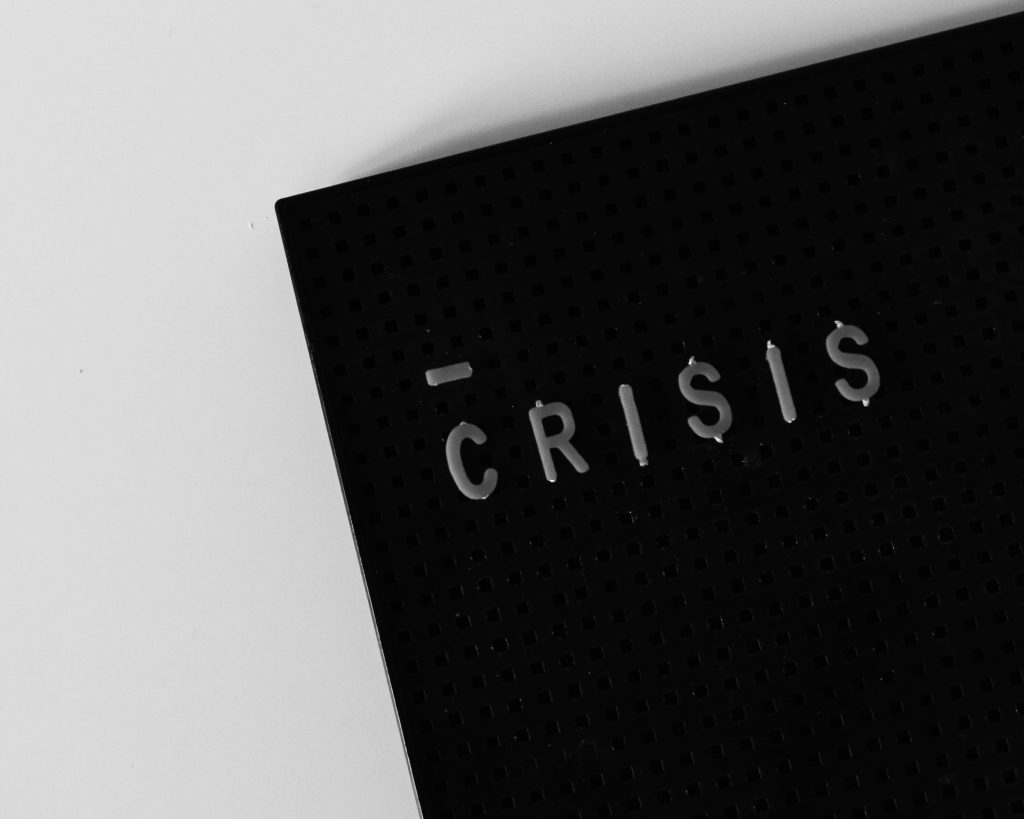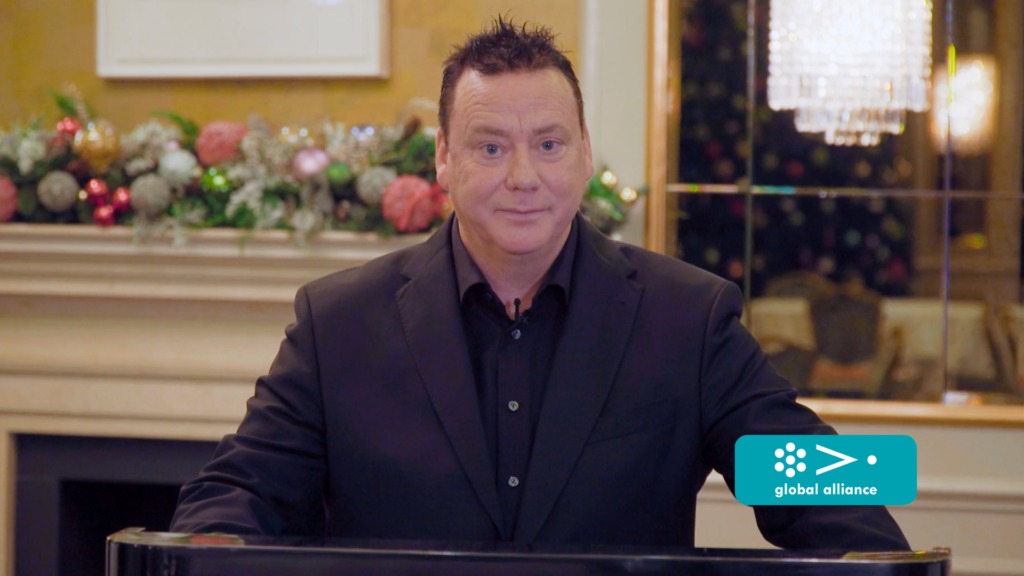Guilty by Association – How companies can protect themselves from crisis contagion – NZHerald

Published on NZHerald on 02/03/2019
COMMENT: In this monthly column, Dr Dan Laufer will give his perspective on important topics related to Crisis Management.
When a crisis occurs, the spotlight is usually on the company experiencing the crisis. A good example of this is the sexual harassment crisis at Russell McVeagh. During the crisis, the law firm was the primary focus of attention by the media.
Companies, however, should spend more time thinking about the risk of the crisis spilling over to them. This risk increases when companies share a similar category to the company experiencing the crisis, such as a common industry or country of origin.
For example, in the case of the Russell McVeagh crisis, what is the risk that people will assume sexual harassment is occurring in other law firms as well? Or in the case of the strawberry crisis, what is the risk that people will believe needles are being inserted into New Zealand strawberries as well as Australian strawberries? These are examples of people making assumptions about companies based on sharing a common industry with a company experiencing the crisis. This guilt by association phenomenon is called “Crisis Contagion”
If a company shares multiple categories with a company experiencing a crisis, the risk of crisis contagion is even higher. A good way to illustrate this point is with the crisis involving Yealands Estate Wines. The company pleaded guilty to charges of adding sugar to wine destined to be exported to Europe. In this case, New Zealand wine makers share two common categories with Yealands Estate Wines, both industry and country of origin.
This increases the risk of crisis contagion, and consumers are more likely to believe that New Zealand wine makers are adding sugar to wine compared to wine makers from other countries. Foreign wine makers share only one category with Yealands, a common industry, and therefore the likelihood of crisis contagion for non-New Zealand wine makers is lower.
In addition to the perceived similarity of companies to the company experiencing the crisis, another factor that influences whether Crisis Contagion will occur is the perceived connection between the crisis type and the shared category.
A good example of this is the Harvey Weinstein crisis in the USA involving sexual harassment. The movie industry is known for its “casting couch culture”, which creates a link between the crisis type (sexual harassment) and characteristics of the industry (“casting couch culture”). This increases the likelihood that the public will believe that sexual harassment is happening at other movie companies as well.
On the other hand, if the crisis type is not perceived to be linked to the characteristics of the industry, the risk of crisis contagion is reduced. To illustrate this point, it is good to reflect on a crisis that occurred in the clothing industry a couple of years ago.
Similar to the Harvey Weinstein crisis, the CEO of the clothing company “American Apparel” was accused of sexual harassment. However, when compared to the movie industry, the risk of crisis contagion to other companies in the clothing industry is lower because the public does not associate the clothing industry with a culture that encourages sexual harassment unlike the movie industry with its “casting couch culture”.
Companies can also gather evidence to determine whether crisis contagion is occurring, in addition to assessing risk factors associated with belonging to a common category or analysing whether the crisis type is linked to the category. This evidence can easily be collected by tracking social media and the news media. Of particular interest to a company is whether conversations on social media or news articles suggest the crisis could be happening to other companies from the industry or country of origin as well. For example, during the Volkswagen emissions crisis, did the news media mention that other automobile manufacturers could also be cheating on their emissions? Were there discussions on social media around this issue?
In the case of the Russell McVeagh crisis, the tracking of social media and the news media would have provided other law firms with useful information on whether the crisis spread beyond Russell McVeagh. A number of news articles in the media described a culture in law firms that increased the likelihood of sexual harassment occurring in the workplace. These news reports were a strong indication that crisis contagion is happening, and law firms need to consider a communication strategy to protect themselves.
Issuing a denial statement is an effective communication strategy when dealing with crisis contagion, and it should include an explanation of how a company differs from the company experiencing a crisis. A recent example of using this strategy to deal with crisis contagion is the strawberry industry in New Zealand.
Michael Ahern, the executive manager of Strawberry Growers New Zealand, mentioned that the strawberry crisis was an Australian issue, and that New Zealand’s strawberry industry was different from Australia’s. He highlighted that New Zealand’s strawberry industry is built around family farms, whereas Australia’s strawberry industry is built around corporates. This is a good example of an effective denial strategy which minimizes the potential damage to the strawberry industry in New Zealand resulting from the crisis in Australia.
Companies should be more aware of the risk of crisis contagion. A company that is experiencing a crisis is not the only one that can be adversely impacted. The public can link the crisis to other companies through guilt by association which can potentially be extremely damaging to innocent companies. Assessing risk, gathering information from the news media and social media is not difficult, even for small companies. Also, issuing statements of denial with explanations of how a company differs from the company experiencing a crisis, is a powerful response that can be executed quickly with minimal financial resources by companies at risk.
– Daniel Laufer, PhD, MBA is an Associate Professor of Marketing at Victoria University of Wellington, and an expert in Crisis Management. He has previously provided commentary on best practices in Crisis Management for the Wall Street Journal in the US.





